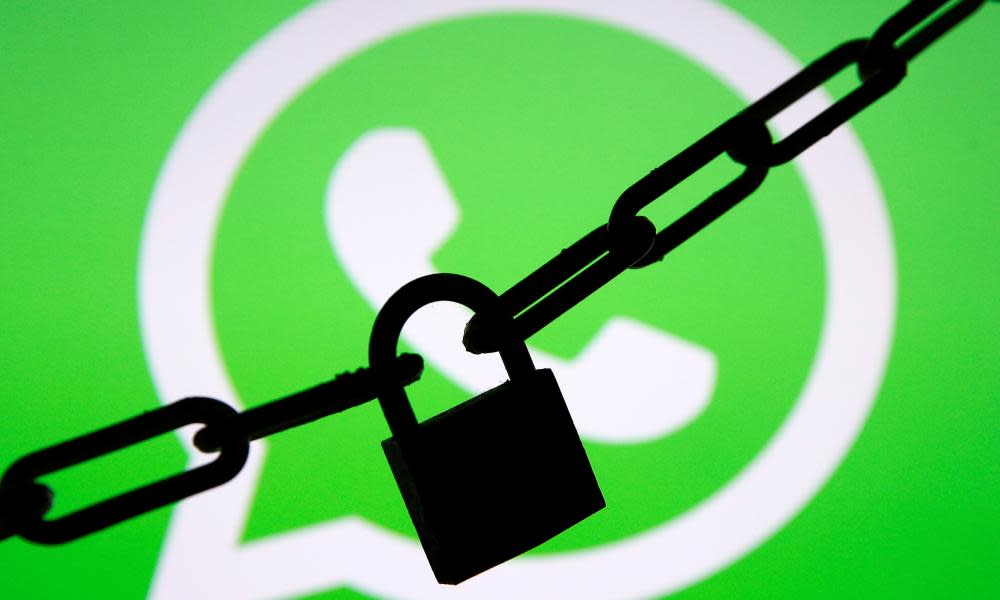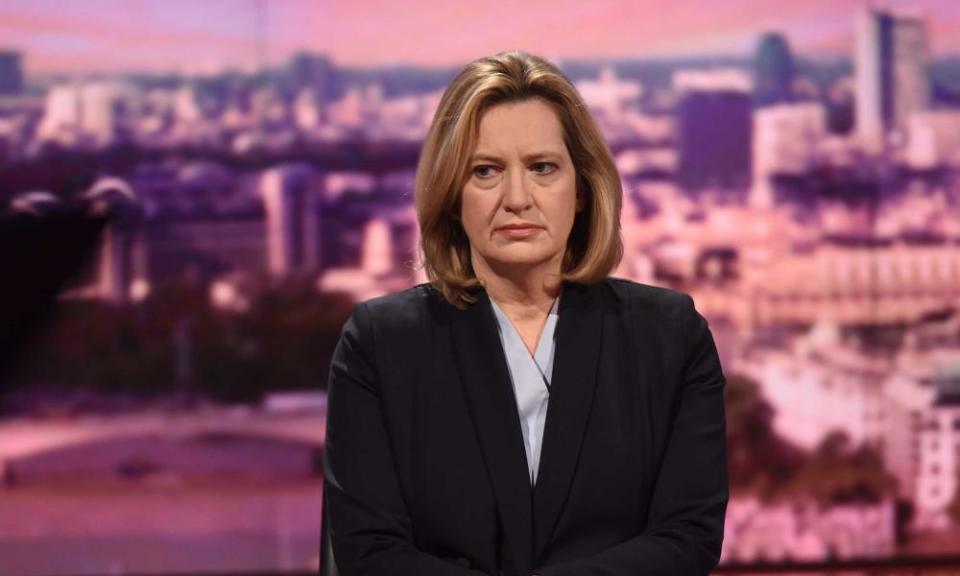The Guardian view on counter-terrorism: strong encryption makes us all safer | Editorial

The home secretary has made a hash – or what she would call “a hashtag” – of her efforts to appear to be doing something in the wake of last week’s Westminster terror attack. Amber Rudd’s demand that the big digital companies weaken the encryption they use on their messages is unrealistic and – if it ever became real – self-defeating. It is unrealistic because encryption cannot be selectively weakened, any more than the value of pi could be stipulated as 3.2 for the state of Indiana alone as proposed by some proto-Rudd politician in 1897. Mathematics is universal, and the mathematics on which strong encryption depends is quite as inflexible as that which specifies Earth’s orbit round the sun. If the encryption on terrorists’ messages were weakened so that the government could read them, the same weakening would apply to everyone else, however innocent. If the government believes it can prevail upon the likes of Facebook (which owns WhatsApp) to issue a specially weakened version of the program to British users only, it is being even more fatuously optimistic than in its approach to the Brexit negotiations. No company would sacrifice its reputation (and so its market share) in such a way, and real criminals could always find alternatives.
Even if these powers were delivered by some miracle to our government and to no other they would still prove self-defeating. Terrorists and their active sympathisers form a tiny minority of any community. Their criminal messages and phone calls to each other form an infinitesimal fraction of all the chat and gossip on the internet. To find them at the moment is like searching for a needle in a haystack. The task won’t be made easier by dumping another haystack full of chaff on to the needle, which would be the effect of Ms Rudd’s proposal if it were ever practicable. The more thoughtful members of the security community know this already. The power that they really need, which is to know all about the friendship networks of suspected terrorists, is one they already have. What’s known as “metadata” tells them everything about a message except its content, and this is extraordinarily revealing. But the government has its own reasons for pursuing a noisy attack on the internet companies.
The good reason is that the internet giants can and must do much more about communications that are completely unencrypted. The hate sites and propaganda videos that flourish with the help of Google, partly because they are made visible and profitable through its search and advertising, and partly by their distribution on YouTube, which is owned by the same company, are frequently contrary to British law, if only because so many incite racial and religious hatred. The same is true of some Facebook groups. Twitter is a slightly different case but it has still been used to disseminate extremist propaganda.

All of these companies have policies that they are not enforcing. All face considerable technical difficulties in dealing with the volume of traffic, but there is no reason to feel sorry for them. Overcoming great technical difficulties is what has made them their fortunes. It is time they employed these skills for the benefit of the wider society. The German government has set an excellent example there with its proposal to fine heavily companies that fail to take down obnoxious content quickly enough.
The bad reason for the government’s public assault on the internet companies is just as urgent, though. We do not yet know how Khalid Masood was radicalised. But we do know that the last attempt to whip up public fury against Facebook on grounds of security came after the inquiry into the murder of Fusilier Lee Rigby had identified a series of mistakes by the security services. Those are the sort of failings for which a home secretary is ultimately responsible. No wonder she’d rather spout rather sinister nonsense about encryption instead. The rest of us should not be fooled.

 Yahoo News
Yahoo News 
